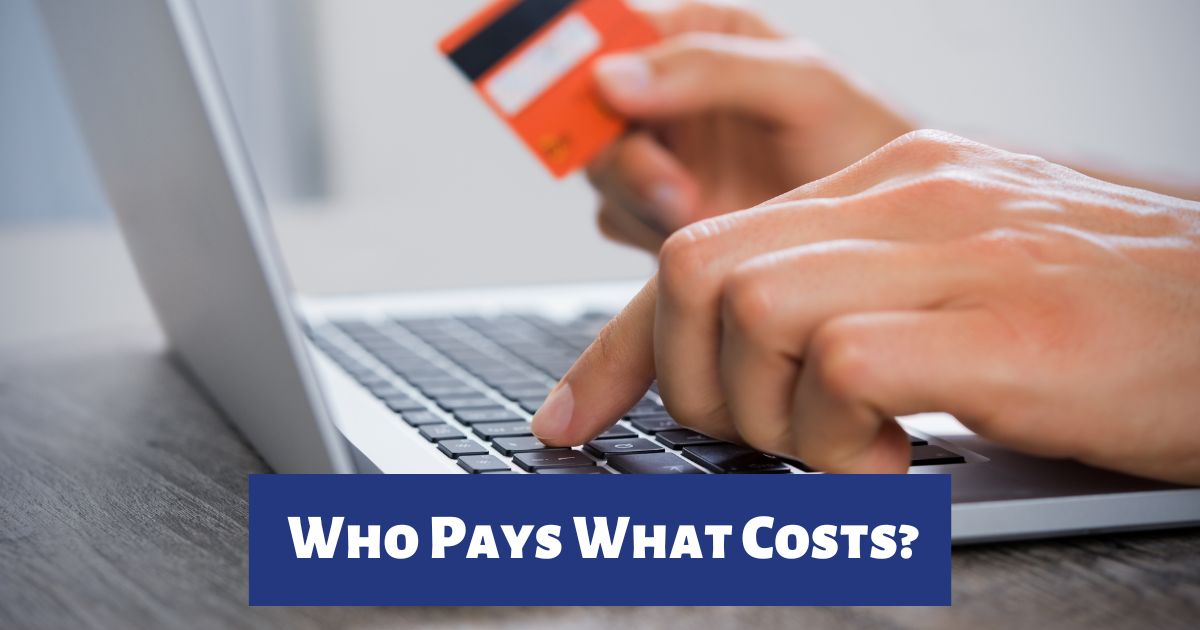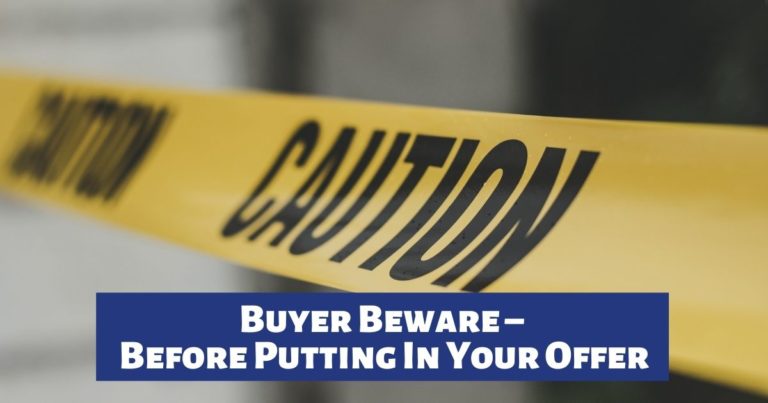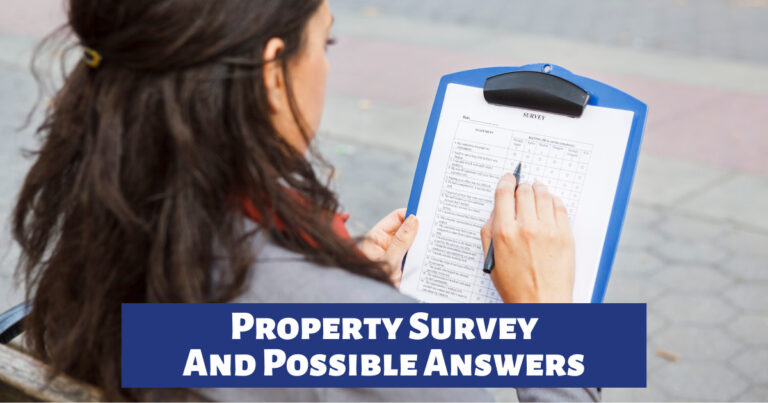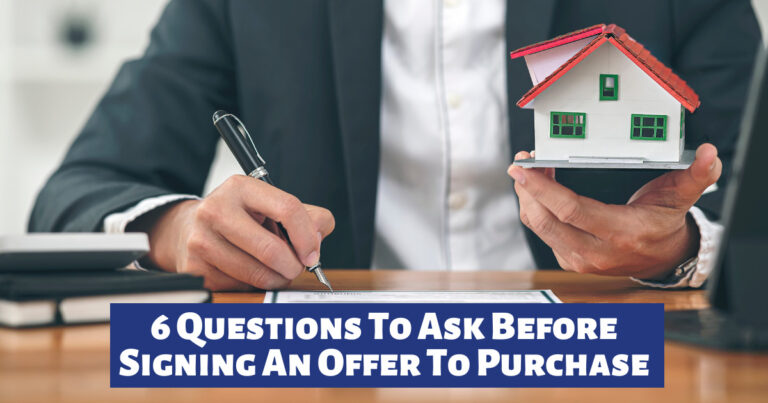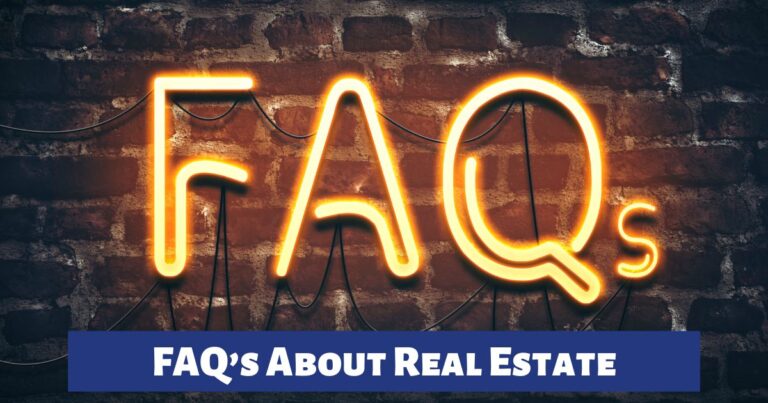Who Pays What Costs?
Who pays what costs when buying/selling a property?
It’s risky when you don’t know what you’re doing when buying or selling a property.
Avoid nasty shocks by budgeting properly for the costs that you will incur.
Some of them can be significant and some are less obvious than others.
Here are some of the necessities. You would do well to take professional advice. Get cost quotes before you complete your financial planning.
Buyer’s Costs
First-time buyers are generally excited to buy their first home. It’s easy to underbudget. Don’t forget about the money you’ll have to pay over and above the purchase price. Our advice is to budget for costs of up to ten percent of the price.
Other costs include:
- Transfer duty (a Government tax payable to the state via SARS) – this is payable on a sliding scale depending on the purchase price.
- Transfer fees that the conveyancers will charge for their services.
- Deeds office fees.
- Bond registration fees charged by the bank’s attorneys.
- Home loan initiation fee payable to the bank.
- Pro-rata rates, municipal charges and levies.
- Occupational rent if you move in before the transfer takes place.
- Moving costs, redecorating, Internet connections, water and electricity deposits.
Seller’s costs
- Estate Agent’s commission plus VAT
- Certificates of Compliance – electrical, gas, electric fence and the like
- Bond cancellation fees (give the bank adequate notice to avoid penalties)
- Rates and levies

